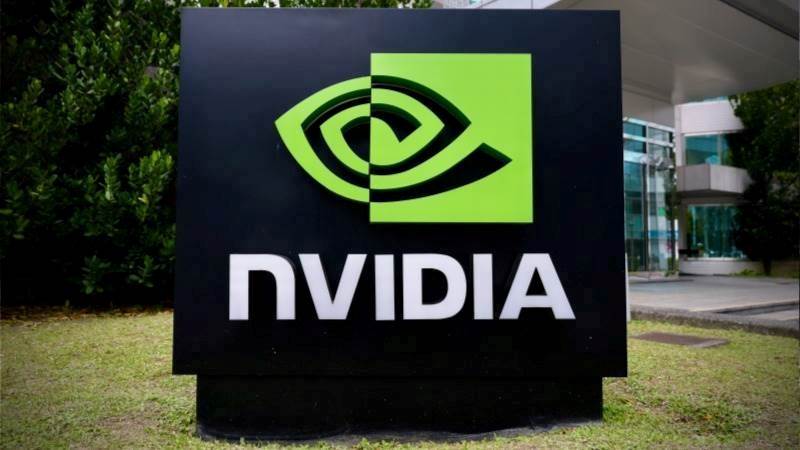Nvidia Inc. is on the brink of unveiling its first-quarter numbers after the closing bell, a crucial update under intense scrutiny from investors and analysts. This report will provide key insights into the company's performance metrics and future guidance, making it a significant event in the financial calendar.
Wall Street is expecting the semiconductor giant to report $24.5 billion of sales in the first-quarter results that are about to be unveiled, reflecting a 241% growth rate from the same period a year ago. The estimated net income stands at $12.91 billion, or $5.19 per share. Nvidia's previous quarters have shown substantial profit outperformance, driven by high demand for its advanced AI chips, and that's expected to be the situation with today's results as well.
As the earnings release approaches, Nvidia shares are already up 24% on a monthly basis, reaching $947.10, and up 91% on a year-to-date basis. However, analysts caution that even strong results may not meet the market's expectations. To get a positive stock reaction, the company needs to post a significant profit beat, thus consensus estimates of $1.5 billion or above. Actually, the options market is pricing in a potential 10% move in either direction post-earnings, representing a potential cap swing of $200 billion.
Over the past days and weeks, several analysts have revised their expectations for Nvidia's target price upwards based on the earnings report. Barclays raised its target to $1,100 from $850, and Stifel raised it to $1,085 from $910. The mean price target is now at $990.51. Moreover, some analysts are confident that Nvidia's stock will go above $1,000 with the continued advances in AI and demand for its chips.
In the future, this run of Nvidia is expected to continue with its impressive growth profile. However, analysts have flagged potential headwinds around the transition to the new Blackwell chip lineup and the potential for an "air pocket" later in the year. Despite the latter, the general sentiment is that new all-time highs are expected, primarily tied to the widespread view that major technology companies are investing heavily in AI and other chip-dependent technologies.
